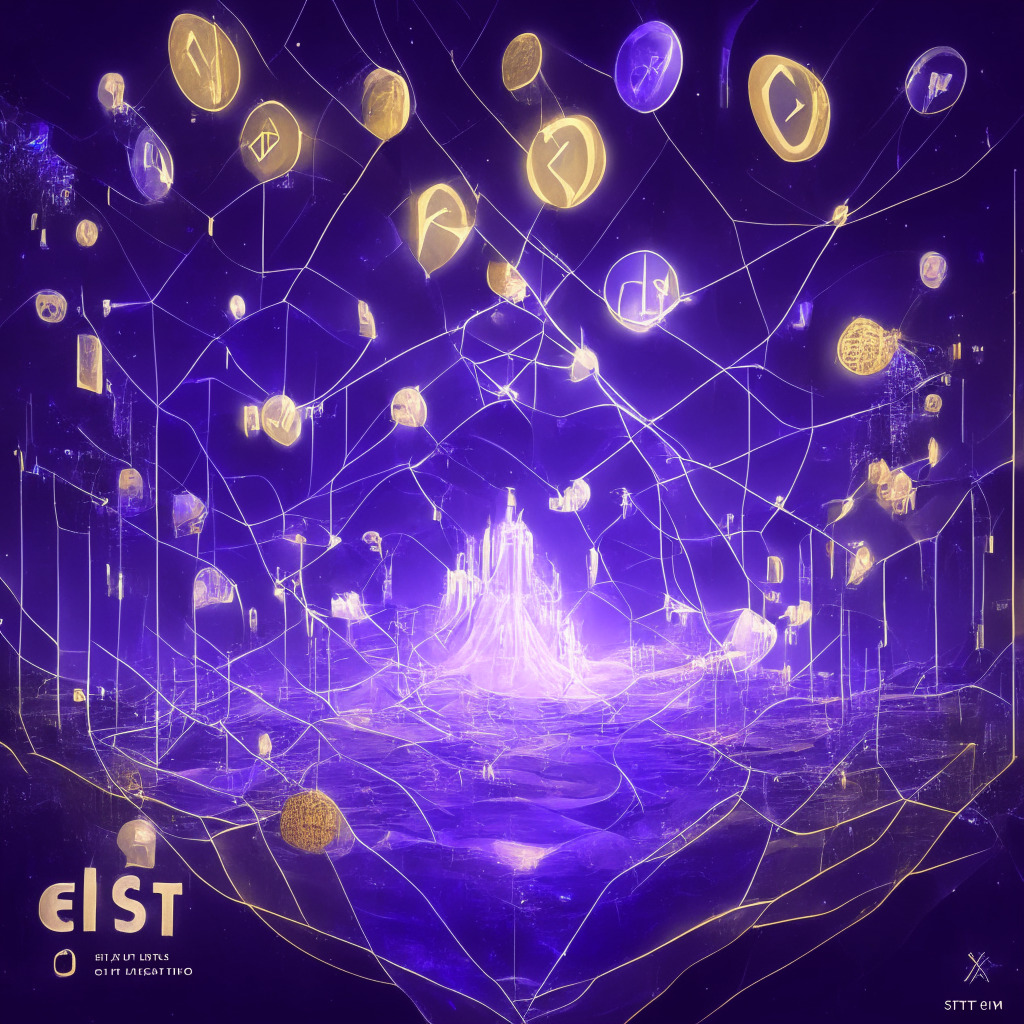Blockchain technology, celebrated as the underpinning technology of cryptocurrencies like BTC, carries substantial promise for the future. Remarkably, it possesses the capability to transform our lives in significant ways, particularly within sectors like finance and law.
One of the inherent charms of blockchain is its decentralization. Consider the financial industry; for centuries, it has been driven by centrally located and licensed institutions, like banks. Blockchain, however, promises to dismantle this centralized model, stimulating an open, inclusive financial system. However, some might argue that this decentralization largely remains theoretical, presenting concerns about the feasibility of operationalizing it on a global scale.
Moreover, blockchain technology harbors the potential to instigate absolute transparency in transactions. This virtue promises to curtail fraudulent activities considerably, a significant boon for various industries dealing with significant transactions. On the flip side, this absolute transparency might not be as idyllic as it seems. Privacy concerns stare us in the face, as every transaction, once fed into the blockchain, becomes perennially visible.
Indeed, security is a significant advantage of blockchain. The technology is built on cryptographic principles making it extremely difficult for hackers to manipulate or alter data once entered into the blockchain. Nevertheless, instances of cryptocurrency exchanges, like Binance, being hacked have cast a shadow on this feature. The condition of blockchain’s impregnability is that the network continues to be decentralized – a vulnerability if centralization takes a hold.
Observers argue that blockchain could greatly expedite transactions, ridding the process of intermediaries and attendant time checks. Yet, the sheer scale of data that some blockchain models, especially Bitcoin, handle can lead to latency issues, casting doubts over this argument.
Moreover, there is optimism that blockchain can serve as a stepping stone to democratized decision making, fueling systems where decisions are crowd-sourced. But skeptics point out that this could lead to manipulation by a few wealthy individuals, ironically stemming an egalitarian undertaking.
No discussion surrounding blockchain’s future can be complete without emphasizing the technology’s energy consumption. While blockchain’s supporters argue that the technology offers long-term sustainability rewards, critics feel that the energy voraciousness of some blockchain-based models – like Bitcoin – is untenable.
So, it seems that while the anticipation around blockchain’s future is palpable, the path bristles with equally substantial counter-arguments. The technology’s decoy lies in its potential to revolutionize various sectors, yet the feasibility of integrating blockchain into these systems on a global scale throws up multiple challenges. But then again, dilemma and dissent are sharp flavors of any transformative technology, serving as reminders that the route to ultimate achievement invariably winds through thoughtful skepticism.
Source: Cryptonews




